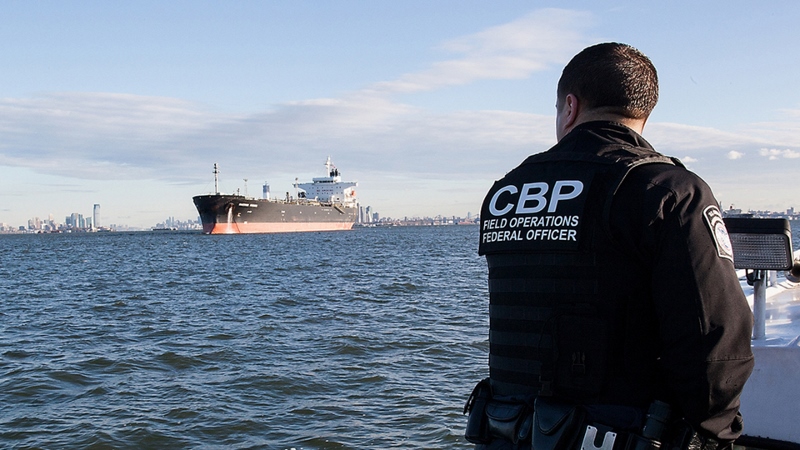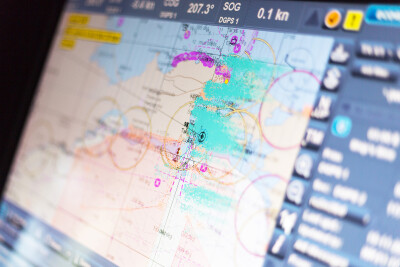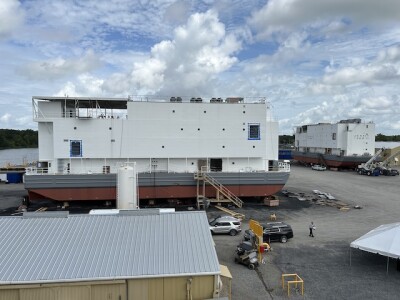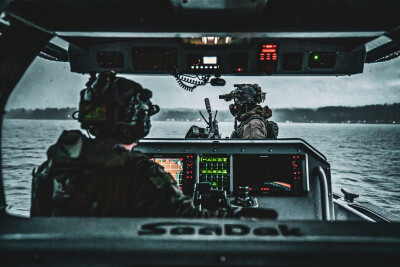Changing the Jones Act to allow foreign-owned cargo vessels and crews in U.S. internal waters would carry huge new security costs, essentially expanding the federal surveillance and inspection regime at seaports to some 95,000 miles of national shoreline, a report from a defense think tank argues.
In the report, “The Jones Act and Homeland Security in the 21st Century,” author Daniel Gouré expands on a March 2016 online essay that made a case for keeping the Merchant Marine Act of 1920 largely intact on national security grounds.
That same theme has been sounded to Congress by civilian and military defense and security officials, in response to calls for amending the Jones Act to allow lower-cost maritime transportation by foreign carriers between U.S. ports.
Washington, D.C., policy analysts have been weighing in, with free-market advocates describing the Jones Act as obsolete protectionism for American businesses and calling for change.
Others like the Lexington Institute, an Arlington, Va.-based group with close ties to the defense establishment, defend the law as even more relevant in an age of terrorism threats.
In his study, Gouré stresses that removing the restriction on cabotage – the movement of goods between U.S. ports – to U.S. built and flagged vessels with at least 75% American crew would bring additional risks to inland cities and critical infrastructure:
“The prospect of terrorists on the inland waterways system is a particularly daunting challenge to homeland security. Via the inland waterways, a terrorist could reach America’s heartland and many of its largest and most important urban centers. These waterways are heavily traveled by both commercial and pleasure craft.
“They carry an enormous weight of the nation’s internal commerce. Critical land lines of communications and oil and gas pipelines traverse a number of these waterways. Guarding every potential target along the inland waterways against terrorist attack is an impossible task.”
The federal Transportation Worker Identity Credential (TWIC) program has been a valuable addition to maritime security, providing a single tamper-resistant for of ID to some 2.9 million workers, Gouré notes. Without valid passports and TWIC cards, foreign mariners are restricted to their ships and immediate port area.
Liberalizing the Jones Act to allow new foreign vessel movements in U.S. waters would require greatly expanding the maritime security system with advance notification of ship movements, inspections of cargoes, and background checks of crews, Gouré says.
With the Department of Homeland Security limited in new spending, paying for expanded maritime security measures would come at the expense of other monitoring programs, he wrote.
“The task of securing U.S. seaports and foreign cargoes is daunting by itself. It makes no sense to add to the burden facing domestic security agencies by allowing foreign-owned ships operated by foreign crews to move freely throughout America’s inland lakes, rivers and waterways.”





